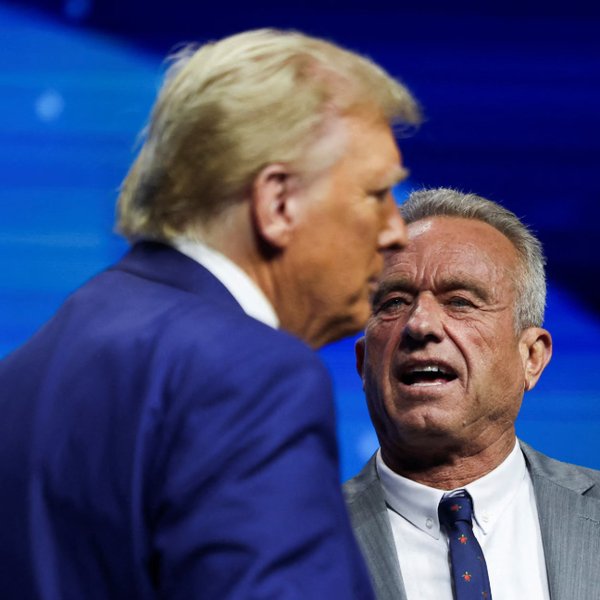
ATHENS (AFP) – Greece’s prime minister vowed to rein in the neo-Nazi Golden Dawn party after the murder of an anti-fascist singer by one of its supporters sparked nationwide outrage.
“This government is determined not to allow the descendants of the Nazis to poison our social life, to commit crimes, terrorize and undermine the foundations of the country that gave birth to democracy,” Antonis Samaras said in a televised address.
The murder early on Wednesday of popular hip hop artist Pavlos Fyssas, who wrote music under the nickname Killah P, led to mounting calls for a check on the organization’s activities.
As the Greek press on Thursday called for tighter control of Golden Dawn, whose provocative behavior has escalated in recent months, rights groups faulted the authorities for allowing the group to operate with near-impunity.
“The cold-blooded murder of a citizen by a Golden Dawn supporter must awaken everyone,” the liberal newspaper Kathimerini said in an editorial.
“There must be zero tolerance towards the criminal activity of this neo-Nazi organisation,” it said.
“The monster of Nazism kills — resist”, centre-left daily Ethnos urged Greece’s mainstream parties.
The calls came a day after police and protesters clashed as thousands demonstrated against fascism.
The 34-year-old, who was laid to rest on Thursday, was fatally stabbed in the working-class Athens district of Keratsini the previous day by a 45-year-old truck driver who later allegedly confessed his Golden Dawn affiliation to police.
The victim’s family said that Fyssas and a small group of friends were ambushed by a large gang of Golden Dawn supporters outside a cafeteria.
The Hellenic league for human rights on Thursday said that the neo-Nazi group’s acts of violence were escalating “with impunity, as a rule.”
“The stance of Greek authorities betrays tolerance or distance owing to fear,” the league said.
The killing came amid the latest wave of anti-austerity strikes in Greece, with thousands also out in the streets on Wednesday to protest against reforms the government has agreed to undertake in return for international bailout funds.
Following news of the murder, those demonstrations quickly morphed into protests against fascism, with police firing tear gas at protesters in Athens, the northern city of Thessaloniki and the western city of Patras.
Many experts have argued that current legislation would make it difficult to slap an outright ban on Golden Dawn.
Greece’s police minister, Nikos Dendias, said the government would toughen legislation on organised criminal activity to rein in Golden Dawn, which has been implicated in migrant beatings and attacks on rival party members.
Just days before Fyssas’s killing, members of the Communist party were assaulted by alleged Golden Dawn supporters whilst putting up posters.
Golden Dawn has repeatedly denied involvement in these incidents and its ratings have steadily risen in a country weary of austerity and political corruption.
The party currently ranks third in opinion polls, its popularity undiminished by the disruption of political events and a recent attempted assault on Athens Mayor George Kaminis by one of its lawmakers.
“There is a tolerance to violence (in Greece),” Sophia Vidali, a criminologist at the University of Thrace, told AFP.
“The political system operates selectively against violence and justice does not do its job properly,” she said.
Golden Dawn’s spokesman, Ilias Kasidiaris, was recently acquitted of aiding an assault on a left-wing student in 2007.
He now faces another trial for striking a Communist lawmaker during a 2012 talk show.
Golden Dawn’s activity has exposed Greece to international criticism just four months before it assumes the rotating European Union presidency in January 2014.
On Wednesday, the leader of the Socialists and Social Democrats group in the European parliament, Hannes Swoboda, expressed his concern.
“If the Greek government… fails to put a stop to the hate-filled behaviour of Golden Dawn… it will be an unacceptable presidency and not likely to bring any progress, either for Europe or for Greece,” he said.
Photo Credit: AFP/Aris Messinis








